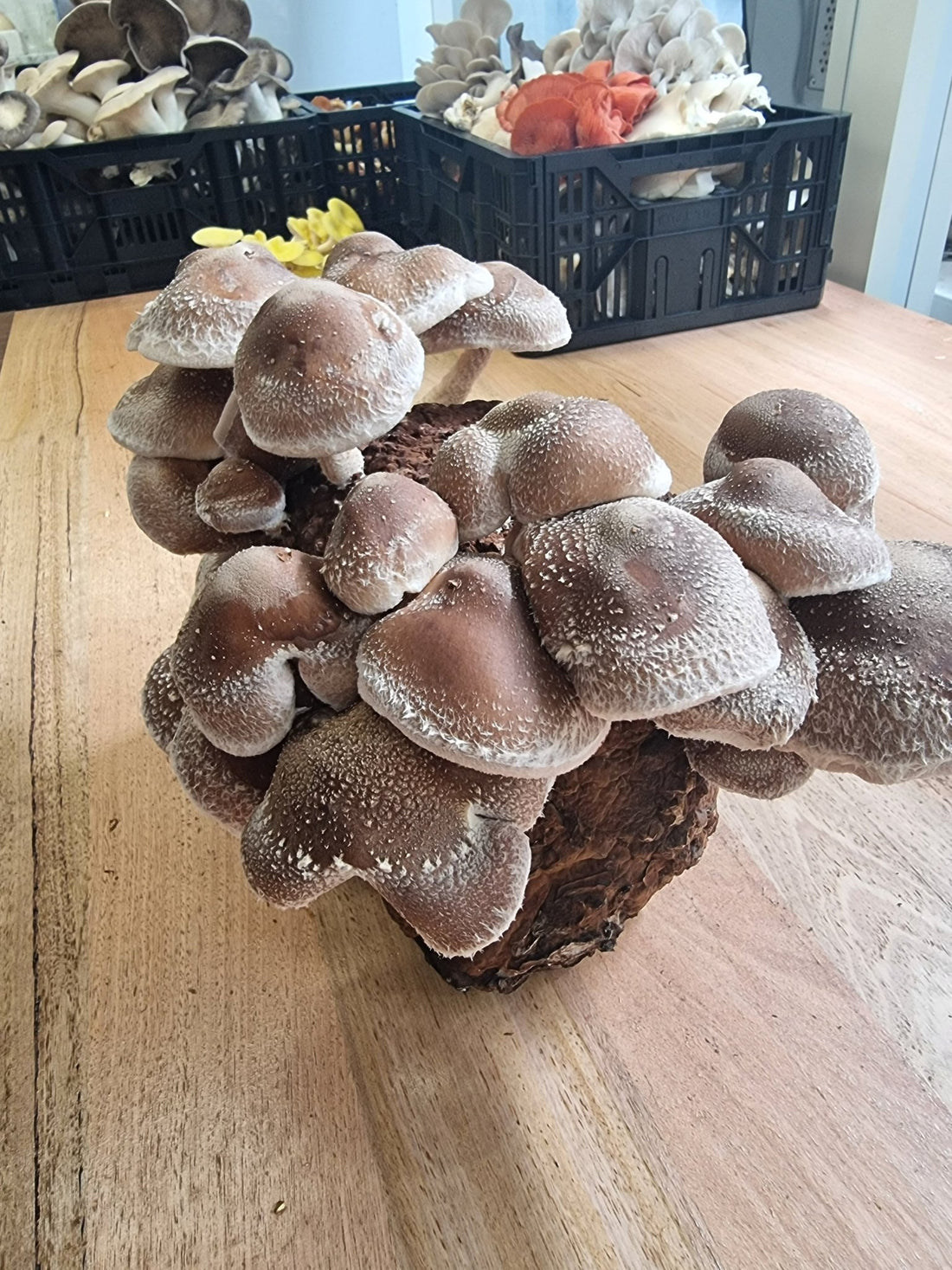When we think of fascinating and mind-blowing facts, mushrooms might not be the first thing that comes to mind.
Yet, these unassuming organisms, often overlooked in our daily lives, hold a treasure trove of mind-bending discoveries.
Fungi, the kingdom to which mushrooms belong, have been shaping the planet for over a billion years, and their influence on everything from ecology to medicine is truly astonishing.
In this article, we delve into the captivating realm of fungi facts that are sure to leave you in awe.
1. A Fungus Can Be Humongous
The natural world is home to some incredible giants, but the title of the largest organism on Earth goes to a type of honey fungus known as Armillaria ostoyae.
This behemoth resides in the Blue Mountains of Oregon and spans a staggering 10 square kilometers.
It weighs hundreds of tons and has been thriving for an estimated 2,000 to 8,000 years. Mother Nature's ability to produce such colossal fungi is nothing short of awe-inspiring.
2. Shrooms Act as Nature's Internet
If you think the internet is a marvel of human ingenuity, wait until you learn about nature's very own version—the "wood wide web."
Over 90 percent of plant species form a symbiotic relationship with mycorrhizal fungi, creating vast networks for communication, nutrition, and survival.
This underground internet allows plants to share resources, warn each other of impending threats, and collaborate in ways that rival our own technological achievements.
3. They're the Ultimate Pioneers
In the natural world, someone has to be the first to set foot in uncharted territory, and lichen, a remarkable union of fungi and algae, are the trailblazers.
These hardy organisms are the first to colonize newborn ecosystems, such as freshly-cooled volcanic islands, paving the way for other forms of life to follow.
Their pioneering spirit plays a crucial role in the formation of diverse ecosystems around the globe.
4. They Can Break Down Stubborn Substances
Fungi possess an impressive arsenal of enzymes and acids that allow them to break down seemingly indestructible substances like rock, TNT, and polyurethane plastics.
Their talent for mycoremediation allows them to tackle oil spills, filter heavy metals from water, and neutralize pollutants, making them vital players in mitigating human-made pollution and environmental damage.
5. Mushrooms Shape Modern Medicine
Mushrooms have been instrumental in shaping modern medicine, and their contributions go far beyond the accidental discovery of penicillin by Alexander Fleming.
From life-saving antibiotics to antiviral and anticancer compounds, fungi have provided us with a plethora of medicinal marvels.
Their potential in treating severe depression and anxiety, as demonstrated by psilocybin from psychedelic mushrooms, opens up new frontiers in mental health research.
6. Humans Have Ancient Ties with Mushroom Medicine
The use of mushroom medicine is not a recent phenomenon; humans have likely been employing their healing properties for millennia.
Evidence suggests that our prehistoric ancestors, such as Neanderthals, were already harnessing the power of penicillin-producing molds to treat infections.
The wisdom of the ancients in utilizing mushroom medicine is a testament to the enduring partnership between fungi and humanity.
7. Fungi Are Among Us
Fungi may seem alien, but they share surprising similarities with us.
They are more closely related to animals than plants, contributing to the pharmacological benefits of many of their biochemical innovations.
When we use drugs produced by fungi, we are essentially tapping into their ancient knowledge and integrating it within our own bodies.
8. Not Always Friendly Relations
While fungi have provided numerous benefits to humanity, they aren't always our allies.
Infections like jock itch, yeast infections, and athlete's foot are familiar reminders of fungi's less pleasant side.
Moreover, fungi can wreak havoc on our food supply, as seen with the threat of fungal diseases to the globally dominant Cavendish banana.
9. A Vast, Undiscovered Kingdom
The fungal kingdom is vast and largely unexplored.
Estimates suggest that 2.2 to 3.8 million species of fungi exist, dwarfing the number of known plant species.
So far, we have only scratched the surface, with a mere 6 percent of fungal species identified.
This untapped reservoir of diversity holds untold promise and potential for future discoveries.
Conclusion
As we journey through the mind-blowing world of fungi, we uncover a realm of wonders that often go unnoticed in our daily lives.
From ancient behemoths to the intricate "wood wide web," fungi's contributions to the planet are nothing short of astounding.
As we continue to delve deeper into the mysteries of fungi, there is no doubt that their secrets will continue to inspire and amaze us.
Let us embrace the fascinating world of fungi with reverence and curiosity, for within it lies the keys to understanding life's intricate web.



















